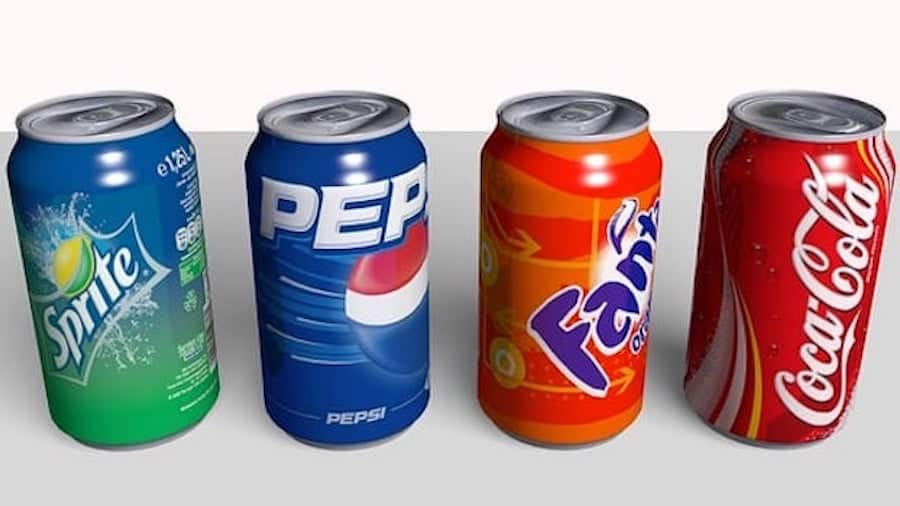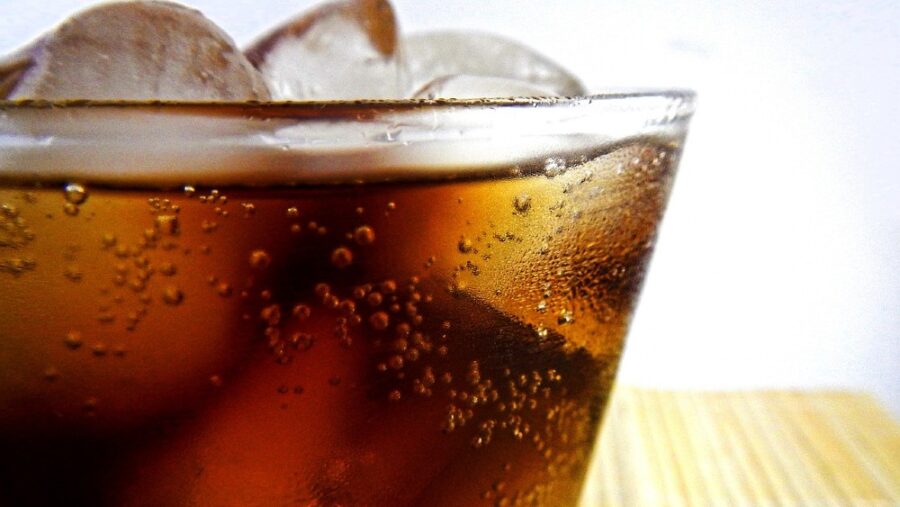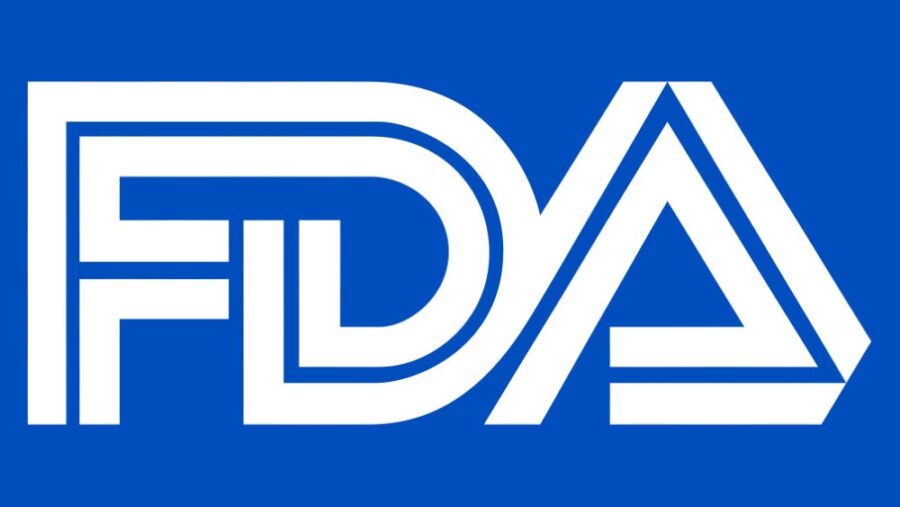Soda Ingredient Getting Banned By FDA

An ingredient in citrus-flavored sodas is getting banned by the Food and Drug Administration (FDA), according to Science Alert. The United States has always been a little behind the times when it comes to banning unhealthy ingredients in processed foods, but it seems they may now be making efforts to catch up. The particular soda ingredient under investigation by the FDA has already been banned in many countries for decades and it’s been under suspicion from the FDA since the 1950s.
Brominated Vegetable Oil (BVO) Is Now Banned In Sodas

The soda ingredient getting banned is called brominated vegetable oil (BVO) and it’s commonly used to prevent citrus flavoring agents from separating in drinks. (Bet you didn’t know you were chugging down vegetable oil when you drank your tangy orange soda.)
BVO, derived from a modified vegetable oil, has been used since the 1930s to ensure that the tangy taste remains evenly distributed throughout the beverage and it’s created by attaching bromine atoms to a triglyceride, creating a dense oil that mixes evenly with water.
The Dangers Of Consuming BVO

The proposal to revoke the registration of BVO and mark the soda ingredient as banned for good indicates a significant shift in the FDA’s stance on the substance. BVO has long been the subject of scrutiny due to its potential health risks — animal studies have suggested that the compound can accumulate in fat tissues over time, and bromine, an essential element in BVO, has the potential to interfere with the thyroid’s functioning.
Consequently, many countries, including India, Japan, and European Union nations, have already banned the use of BVO, but the FDA has stood by the ingredient for decades.
Knowing The Dangers, The FDA Previously Only Limited Its Use In Soda

Suspicion around the ingredient began to arise in the 1950s, about twenty years after it was introduced to the soda industry. However, at the time, the FDA classified BVO as generally recognized as safe (GRAS), indicating that it was considered safe for consumption.
This classification was later overturned in the 1960s when questions were raised about its potential toxicity and in response, the FDA temporarily restricted its use to a lower concentration rather than mark the soda ingredient as fully banned.
BVO Is Linked To Heart Issues

Over time, however, evidence has been mounting, indicating the need for regulatory action. A UK study in the 1970s found that bromine from BVO was accumulating in human tissues, and animal studies have linked high concentrations of BVO to heart and behavioral problems. The proposal to mark the soda ingredient as fully banned from commercial use came from more recent animal studies.
We’ve known for over 50 years what the potential dangers of ingesting BVO are, and yet the soda ingredient has yet to be banned in the United States. Luckily, many haven’t waited for the FDA to call the shots. Last October, California passed legislation to outlaw BVO, with the ban set to take effect in 2027, and companies like PepsiCo and Coca-Cola have been gradually removing the ingredient from their beverages over the past decade.
Pepsi And Coca-Cola Already Have Begun To Remove BVO From Their Products

The proposal to ban BVO could signal broader regulatory shifts in the food and beverage industry. The FDA announced that they are currently reviewing regulations related to the approval of food additives and food coloring agents, with the intention to automatically prohibit any substances found to cause cancer. This could mean that more than just soda ingredients will be banned by the FDA and the new approach could improve the food safety standards in the United States.










